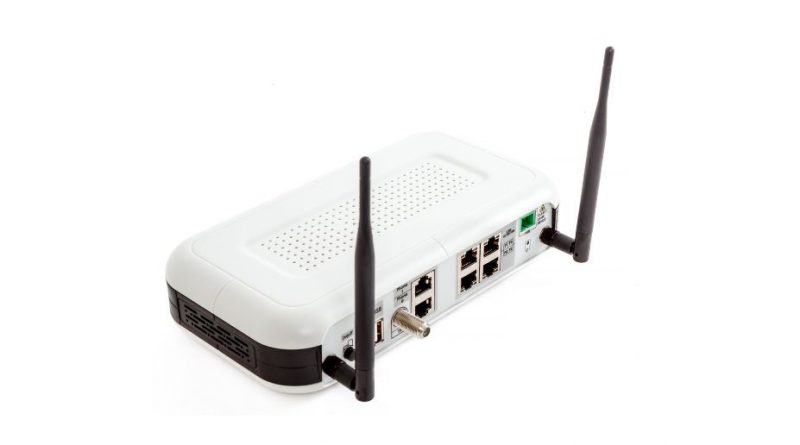How Does GPON Work?
A lot of people wonder how GPON technology works, and how it differs from other forms of DSL. Discover how this technology differs from other types of broadband, and find out what the protocols are for communicating with your home gateway.
What is GPON?
GPON, or Gigabit Passive Optical Network, is a type of optical network technology that uses passive optical components such as lasers and splitters to create high-speed connections. GPON networks can support data rates up to 10 Gbps, making them ideal for connecting large numbers of users in close proximity. In addition to their speed, GPON networks are easy to install and maintain, making them a popular choice for businesses and municipalities.
How Does GPON Work?
GPON technology is a way to deliver broadband over existing copper telephone lines. GPON technology uses a network of fiber optic cables that connect homes and businesses to the Internet. This technology is popular in areas with high demand for broadband, like urban areas and suburban neighborhoods. GPON delivers data at speeds up to 100 Mbps, which is four times faster than traditional cable networks.
Benefits of a GPON System
GPON is a type of fiber optic network that can provide increased bandwidth and data speeds for customers. Here are some of the benefits of using a GPON system:
- Greater bandwidth: GPON systems can offer up to 100 times the bandwidth of traditional copper networks. This means that you can use more devices at once and download larger files more quickly.
- Increased reliability: Because GPON systems use digital signals instead of analog ones, they are more reliable and resistant to interference. This means that your devices will work even when other parts of your network are busy, which is great for ensuring consistent performance.
- Reduced costs: GPON systems require less maintenance than traditional networks, which means that you’ll likely save money in the long run. Additionally, GPON systems are often easier to set up than other types of networks.
Advantages of a GPON Network
A GPON network has many advantages that make it a desirable choice for providers and customers. Let’s take a look at some of the key benefits of implementing a GPON network.
- Greater broadband penetration: A GPON network can provide greater broadband penetration than a DSL or cable network because GPON networks use optical fibers to transmit data. This means that more people and businesses can access high-speed broadband, making it more accessible and useful.
- Enhanced quality of service: A GPON network delivers the enhanced quality of service, meaning that the data is delivered faster and with less lag time than with other types of networks. This means that video streaming, online gaming, and other activities will be smoother and more responsive on a GPON network.
- Robustness and reliability: A GPON network is robust and reliable, meaning that it can withstand heavy loads without breaking down. This makes it a good choice for businesses that rely on high-quality broadband service to run their operations smoothly.
Disadvantages of a GPON Network
Since GPON networks are capable of transmitting gigabit-per-second data rates over long distances, they have become popular in recent years as a way to connect smaller businesses and homes to the Internet. However, there are several disadvantages to using GPON networks that should be considered before making the switch.
First and foremost, GPON networks are not as versatile as other types of network infrastructure. For example, they cannot support traditional Ethernet traffic or VPNs. This means that if you need to use those kinds of services, you will need to switch to a different type of network.
GPON networks also require special hardware in your office or home, which can be expensive to purchase and install. Additionally, since GPON networks rely on optical cables, they can be vulnerable to damage from weather or earthquakes.
Overall, GPON networks are a good choice for small businesses and homes that need high-speed Internet access but may not need the versatility or security of other types of networks.
Conclusion
GPON is a telecommunications technology that transmits digital video and data over fiber-optic networks. It has the potential to improve broadband speeds, reliability, and deployment. GPON also allows for advanced services such as smart home integration and mobile app acceleration. In short, GPON is set to play an important role in the future of telecommunications. Check out our recommended dedicated server if you want to keep your home or office network secure.

